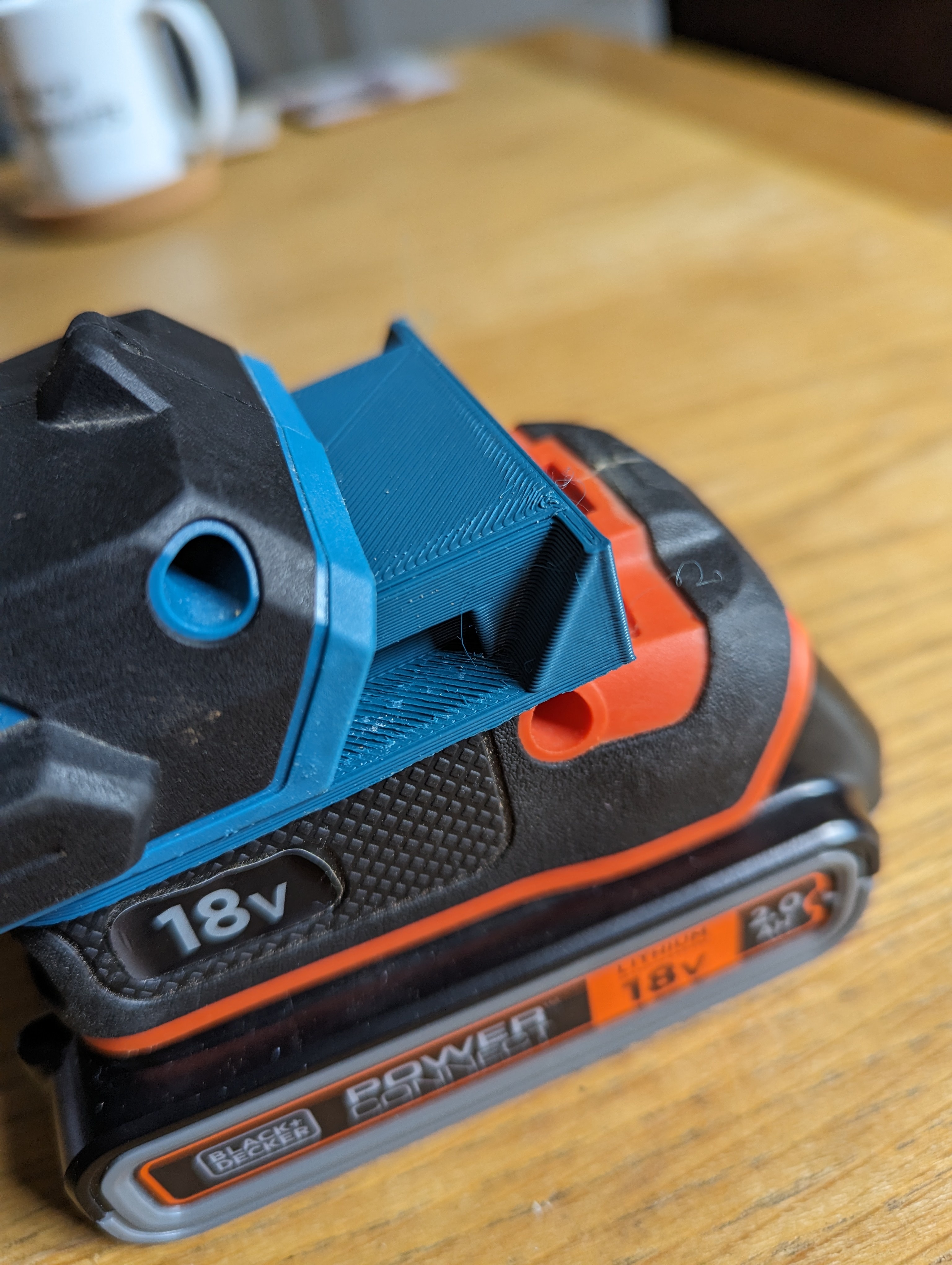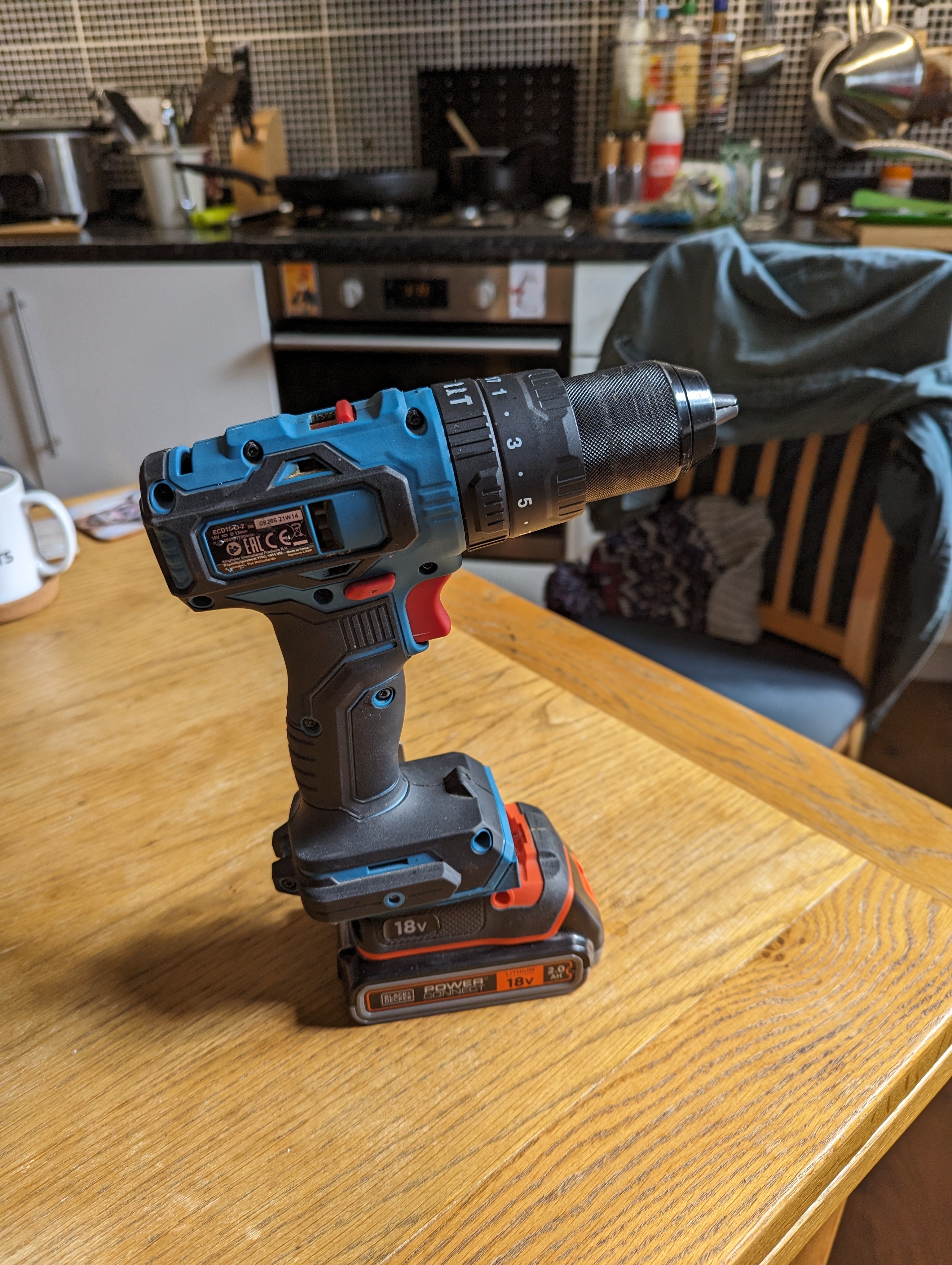view the rest of the comments
3DPrinting
3DPrinting is a place where makers of all skill levels and walks of life can learn about and discuss 3D printing and development of 3D printed parts and devices.
The r/functionalprint community is now located at: or !functionalprint@fedia.io
There are CAD communities available at: !cad@lemmy.world or !freecad@lemmy.ml
Rules
-
No bigotry - including racism, sexism, ableism, homophobia, transphobia, or xenophobia. Code of Conduct.
-
Be respectful, especially when disagreeing. Everyone should feel welcome here.
-
No porn (NSFW prints are acceptable but must be marked NSFW)
-
No Ads / Spamming / Guerrilla Marketing
-
Do not create links to reddit
-
If you see an issue please flag it
-
No guns
-
No injury gore posts
If you need an easy way to host pictures, https://catbox.moe may be an option. Be ethical about what you post and donate if you are able or use this a lot. It is just an individual hosting content, not a company. The image embedding syntax for Lemmy is 
Moderation policy: Light, mostly invisible


I did this with a gi-fucking-normous Ridgid "X2" my dad got me when I was in college. It was originally niCAD, though it is actually compatible with their current batteries. However, I had cobbled together a collection of electrically compatible low-end stuff from Stanley-B&D that just needed a couple of kisses from a dremel to fit each other. Everything but that one drill is either B&D, Porter Cable, or Bostitch (not the nailguns that use dewalt batteries, rather some drill/drivers from when they were the brand SBD tried to pawn off on Walmart as better Black and Decker but won't cannibalize PC sales).
The old Ridgid is too heavy to have as my main drill, but it works fine. I keep a countersink bit in it and it's nice to have around. These B&D batteries have some basic overcharge and over-discharge circuits in them and shouldn't mind which device they're plugged into. The DeWalts are the ones that rely on more sophisticated circuitry in the tools to manage batteries, so they're the ones you generally want to avoid playing with.
I'm curious if the Craftsman V20 series they've been selling at Lowe's for the past few years is compatible with 20V Porter Cable stuff? I can confirm that the orange Black & Decker branded 20V stuff is the same overall design but has a different pinout and different overall dimensions so it isn't "grind off the little nub and it'll fit."
I also believe they're different than the DeWalt series, though my understanding is some Mac power tools (or Matco or Snap-Off, one of the debt truck brands) are rebadged DeWalts and their batteries are compatible.
The pinout on the orange B&D is exactly the same as PC 20v, and there's only like two little nubbins of plastic on the battery case, and two tabs on the PC tools that make them physically incompatible. I use them interchangeably after some dremel engineering (that gets nowhere near the electricals). Same as those now-retired Bostitch 18v, and I understand non-US "fat max" batteries and a certain limited line of 20v craftsman stuff from a decade ago is also the "same."
The newer Craftsman that S-B&D makes looks to have been designed along similar lines, but they flipped + and - and added enough plastic-work that I think it'd be non-trivial to hack them up. I haven't investigated to see whether, electrically speaking, they are more B&D or more DeWalt.
That's something I really don't like, is...there can be engineering reasons for those lockout nubbins to be there. My Craftsman V20 chargers have two lights on them, one labelled "V20" and another labeled "V12". Which suggests there were plans to make 12 volt batteries in this form factor, I guess for a "Flex Volt But Worse" idea that never emerged. Some tools might be 20V only or 12V only and you would NEED to prevent them from interchanging or else you'll let out the magic smoke. Or in the case where the pinouts are different for some reason.
And sometimes the marketing department put them there so that most of the population will think they need to buy more batteries when there's no technical reason for them to do that. Which is why I have a bit of a problem in general with one company selling interchangeable products under multiple different brands. But that's a whole other bag of cats.
I also haven't really got a lot of hands on time with DeWalt's 20 Volt tools or batteries, I do know that some of the Brushless Craftsman tools bear strong family resemblance to DeWalt's line, so I imagine the same engineering firm is designing tools for both.